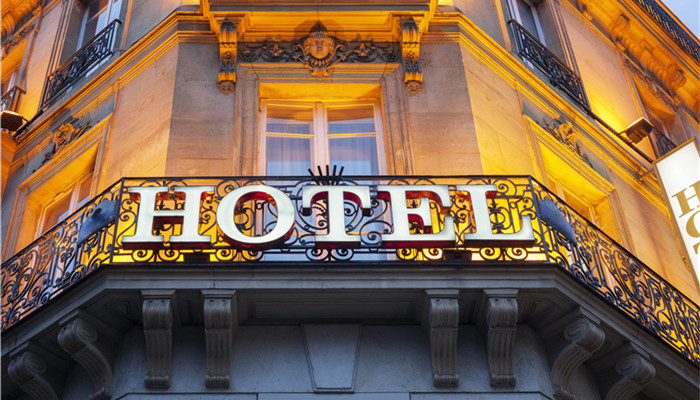
Water-in-sand paint, also known as colorful paint and water-in-sand multi-color paint, refers to a paint made from a mixture of natural sand, water-based weather-resistant resin, polymer emulsion polymer and other materials. It belongs to a new type of building wall paint.
According to the “Research Report on Market Monitoring and Future Development Prospects of China’s Water-Based Sand Coating Industry from 2023 to 2027” released by the Industrial Research Center It shows that compared with traditional architectural coatings, water-in-sand coatings have strong adhesion, high safety, good weather resistance, good stain resistance, long color retention, high simulation, long service life, good aesthetics, and simple construction. , green and environmentally friendly and other advantages, it is suitable for the field of interior and exterior wall decoration of various commercial, public buildings and residential buildings, as well as the field of facade decoration of square columns, corridors and architectural sculptures.
As one of the major construction countries, our country’s current domestic construction industry output value is constantly increasing. According to data from the National Bureau of Statistics, the total output value of the domestic construction industry will reach 29.3 trillion yuan in 2021, 2.1 times that of 2012. As one of the new building materials categories with great development potential in China, water-in-sand coatings continue to grow in market demand and expand in scale.
At present, the development of the domestic water-in-sand coating industry has ushered in a period of major opportunities, and the market development environment is good. In terms of policy environment, in January 2022, the Ministry of Housing and Urban-Rural Development issued the “Catalogue of Elimination of Construction Techniques, Equipment and Materials Endangering Production Safety in Housing Construction and Municipal Infrastructure Projects (First Batch)”, which clearly listed the cement mortar pasting process of facing bricks. In order to prohibit the use of construction technology catalogues, it is prohibited to use on-site cement mixed with mortar to paste exterior wall facing bricks. With the continued regulation of policies, coating categories are expected to replace ceramic tiles, marble and other stone categories to become the mainstream products in the current domestic building exterior wall decoration market. As one of the main products of exterior wall coatings, water-in-sand coating has broad market development prospects.
In terms of market environment, the construction of new rural areas is an important measure to promote the continuous acceleration of my country’s modernization process. Currently, it has become one of the key support projects in national economic development. Driven by the upsurge of new rural construction and development, the rural self-built housing market continues to expand, which in turn drives the demand for water-in-sand coatings to increase. At the same time, according to data from the Ministry of Housing and Urban-Rural Development, as of July 2022, 44,300 old residential communities in cities and towns have been newly renovated across the country. Against the background of accelerating the renovation process of old residential communities in China, the sand-in-water coating market is expected to usher in a period of explosive demand. .
Industrial Analysts personnel said that the current companies in my country’s water-in-sand coating market mainly include Nippon Paint, Asia Group, and Sanke Tree paint, Akzo Nobel, Carbaoli Chemical, Bauhinia Paint, Fuster New Materials, Bardez New Materials, Dabao Chemical, etc. There are many companies in the domestic water-in-sand coating market, the market competition is fierce, and the industry concentration is low. In order to stand out from the fierce market competition, local companies will need to continue to develop differentiated products and innovative coating processes in the future. There is huge room for industry growth.


 微信扫一扫打赏
微信扫一扫打赏

